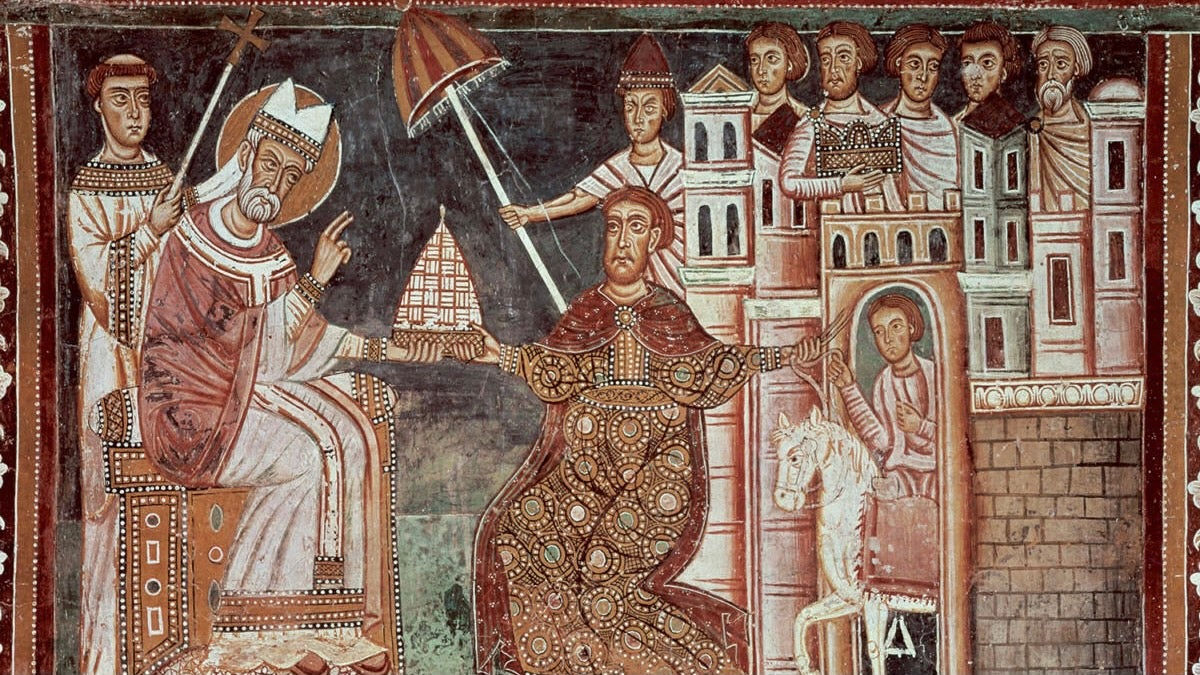goldengaterestaurantphoenix.com – The spread of religion has been a defining feature in the development of human civilization. From ancient times to the present day, religious beliefs have shaped cultures, influenced politics, and guided the moral compasses of societies around the globe. The dissemination of faith has not only been a spiritual journey but also a profound social and cultural exchange that has left an indelible mark on the fabric of human history.
The Dawn of Religious Expansion:
The earliest religions were often tied to the natural world, with deities representing elements such as the sun, moon, rivers, and mountains. As civilizations grew, so did their pantheons and the complexity of their religious practices. The spread of these early faiths was closely linked to the movement of people, trade, and conquest. For instance, the ancient Egyptians, Mesopotamians, and Indus Valley civilizations all had their own gods and rituals that were spread through trade and military campaigns.
The Axial Age:
Around the 1st millennium BCE, a period known as the Axial Age, saw the emergence of major world religions such as Buddhism, Confucianism, Hinduism, and Judaism. This era was marked by a shift towards more abstract and ethical religious concepts. The teachings of these religions were carried across vast distances by merchants, missionaries, and pilgrims, leading to a profound exchange of ideas and values.
The Role of Empires:
The growth of empires played a crucial role in the spread of religion. The Persian Empire, for example, facilitated the spread of Zoroastrianism. Later, the Macedonian Empire under Alexander the Great brought Greek religious and philosophical ideas into Asia. The Roman Empire’s expansion across Europe, North Africa, and the Middle East was instrumental in the spread of Christianity, which eventually became the dominant religion of the empire.
The Spread of Islam:
The rise of Islam in the 7th century led to one of the most rapid expansions of religion in history. Within a few centuries, Islamic faith and culture had spread from the Arabian Peninsula to Spain in the west and to the Indian subcontinent in the east. The spread of Islam was facilitated by trade, military conquests, and the Sufi missionary movement, which emphasized mystical and personal experiences of faith.
The Age of Exploration and Colonialism:
The Age of Exploration, beginning in the 15th century, saw European powers expanding their reach across the globe. This era was marked by the spread of Christianity, particularly Catholicism and Protestantism, to the Americas, Africa, and Asia. The colonial project was often intertwined with religious conversion, as European powers sought to Christianize the indigenous populations of the lands they colonized.
Modern Globalization and Religion:
In the modern era, globalization has further accelerated the spread of religious ideas. Advances in communication and transportation have made it easier for people to share their faith with others around the world. The internet, in particular, has become a powerful tool for religious outreach and education. At the same time, globalization has led to increased religious pluralism, with diverse faiths coexisting and sometimes competing in multicultural societies.
Conclusion:
The spread of religion has been a dynamic force in the evolution of human civilization. It has shaped the moral, ethical, and cultural landscapes of societies, often serving as a unifying force but sometimes leading to conflict. As the world continues to become more interconnected, the exchange of religious ideas will undoubtedly continue to influence the course of human history, fostering both unity and diversity in the global tapestry of faith.
